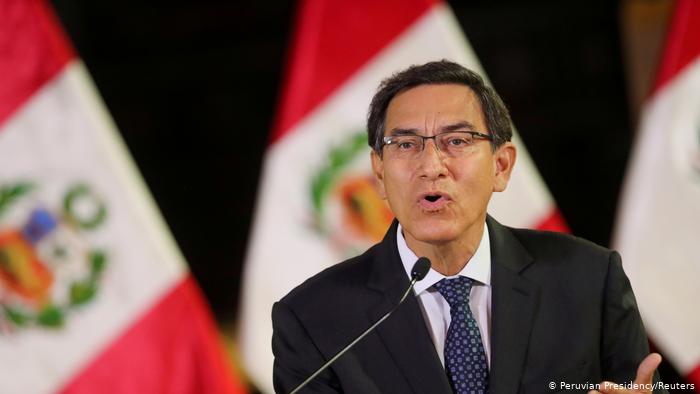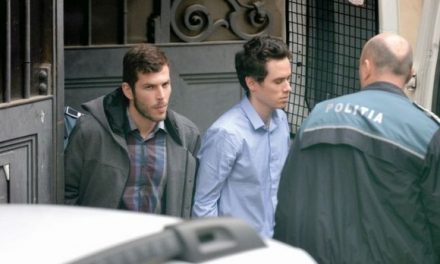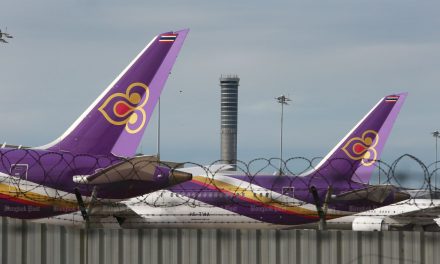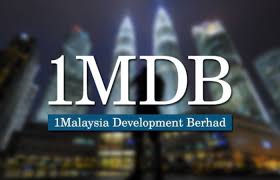President Martin Vizcarra
13 November 2020
Peru’s Congress ousted President Martin Vizcarra in an impeachment vote over corruption allegations and his handling of the corona virus pandemic. Vizcarra said that he would not fight the ouster and would immediately leave the presidential palace. He also said that he wouldn’t run again.
It was alleged that Vizcarra took more than $630,000 in exchange for two construction projects while he was governor of a small province in southern Peru in 2011-2014. Vizcarra in his defence pointed out that 68 lawmakers are currently facing their own investigations on accusations ranging from money laundering to homicide. The country’s newly appointed president, Manuel Merino, has himself been questioned for possible nepotism in the awarding of $55,000 in state contracts given to his mother and two siblings while he was a legislator, though he denies wrongdoing.
Vizcarra‘s impeachment was supported by 105 legislators – more than the 87 votes needed for the two-thirds majority required to remove the president. Many said they were voting for his removal because of the dead loved ones. Some analysts say that this was an attempt at power grab in a country where Vizcarra is more popular than Congress.
Manuel Merino, an agronomist and businessman from the minority Popular Action and Head of the Congress will take over the presidency until the end of July 2021, when Vizcarra’s term was due to expire. Merino said that the presidential election will go ahead as planned in April 2021.
One of the factors that went against Vizcarra was Peru’s high virus numbers, deadly oxygen shortages and the misuse of rapid antibody tests to diagnose cases even though they can’t identify infection early during an illness. At least 34,879 people have died among 922,333 infected by the virus in Peru, a nation of 32 million people.
Though Vizcarra’s government has hired thousands of new doctors and added hundreds of extra ICU beds, many accused him of falling short in responding to the pandemic.
In a region where graft is common, Peru has done more than most Latin American countries in recent years in investigating high-ranking leaders. Every former living president is being probed or has been charged on corruption charges. All but one has been tied to the massive Odebrecht scandal, in which the Brazilian construction giant has admitted to giving out millions in bribes in exchange for public works contracts.
A survey by Proetica, the Peruvian chapter of Transparency International, found that of 40 cases brought by the Supreme Court from 2006 to 2019 calling for lawmakers’ immunity to be lifted to pursue possible charges, only six were granted — indicating that those suspected of wrongdoing can often ward off prosecution. In fact some of them become lawmakers only to get immunity from prosecution.
Only in late 1980s Peruvians began widely distrusting their politicians. The scourge started during the 1985-1990 administration of Alan García, who in 2019 killed himself as police arrived at his home to detain him in connection with the Odebrecht probe. During Fujimori’s turbulent 10-year rule the confidence further declined. In the decades since, Peruvians have watched as one politician after another was accused of taking bribes, obstructing justice and embezzling funds.
“For the last 35 years we’ve had corrupt governments,” Carlos Fernández, a political science professor at Antonio Ruiz de Montoya University in Lima, said. “That has created a political culture of corruption that now people are rejecting.”















